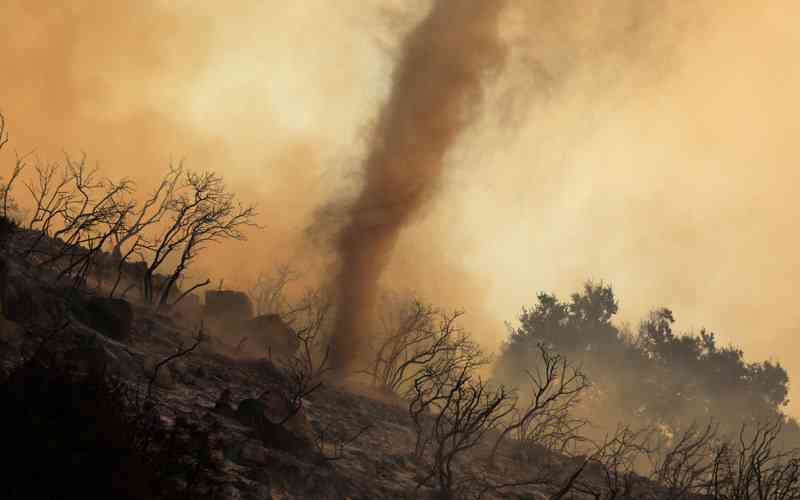
ZIMBABWE is likely to experience higher spending as the government tries to cushion the economy from the expected El Niño-induced drought.
El Niño weather patterns are usually associated with higher temperatures and low rainfall, which can significantly impact agricultural productivity.
Previous El Niño droughts led to significant losses in crop and livestock production, highlighting the importance of proactive measures.
The latest 2024 Budget Strategy Paper (BSP) is projecting a gross domestic product (GDP) growth rate of 5,2% next year.
The growth, according to Treasury, will be anchored on sustainable budget deficits of less than 3% of GDP to protect the Zimbabwe dollar against market turbulences.
But with the country expecting El Niño’s return, economic analysts said fiscal expenditure will overshoot, piling pressure on the currency.
“There is a possibility that spending is going to increase due to social protection costs and the importation of grain,” Prosper Chitambara, chief economist at the Labour and Economic Research Institute of Zimbabwe, said.
“That will be in the first half, or probably the greater part of next year. For this year’s grain production there was a significant improvement.
- Mavhunga puts DeMbare into Chibuku quarterfinals
- Bulls to charge into Zimbabwe gold stocks
- Ndiraya concerned as goals dry up
- Letters: How solar power is transforming African farms
Keep Reading
“So, El Niño will affect the 2023-2024 season. I think pressure on public spending will be felt more during the greater part of next year. And of course it affects agricultural production, it affects output. We are expecting output for next year to be subdued because agriculture affects the rest of the economy.”
Chitambara said if there was a challenge in agriculture, the rest of the economy, including manufacturing, is affected.
“If there is no food it means the government is forced to come up with mitigatory measures and obviously that affects the macro-economy.”
Another economist Farai Chigora said: “It is going to have a big impact on our budget. We don't even have that much of our reserves in terms of forex to import. So, we are going to get almost a negative side of our balance of payment.
“We are going to move towards more expenses than the revenues we would get and it will again go towards the deficit. So there is a lot in terms of economic destruction when this drought is there”.
In his analyses, economist Zvikomborero Sibanda said for an agro-based economy like Zimbabwe, El Niño will likely spell a disaster.
“As such, there are high chances of above-average fiscal spending in the 2HY23 (second half of 2023) and beyond as the government is expected to cushion the economy and its citizens from a likely devastating drought,” he said.
“Elevated fiscal spending increases Zimbabwe dollar liquidity in the market, thereby destabilising the Zimbabwe dollar and market prices.”
In its analysis of the BSP, the Zimbabwe Coalition on Debt and Development said the nation, together with other Southern African Development Community member states, will experience subdued agricultural activity.
“Elevated fiscal spending is expected in 2HY23 and beyond as the government seeks to cushion the economy and citizens from a likely drought that will threaten the Zimbabwe dollar and price stability,” it said.
In 2024, the Treasury projects to collect the equivalence of 19,2% of GDP in tax revenues.
This will be underpinned by tax administration initiatives to enhance tax enforcement and compliance and adoption of technology. The tax base will be expanded through embracing emerging technologies.







